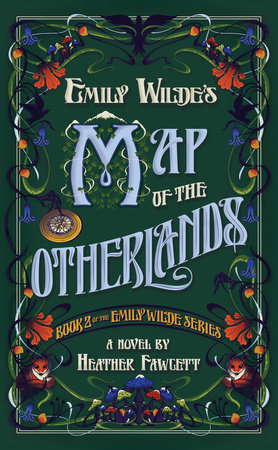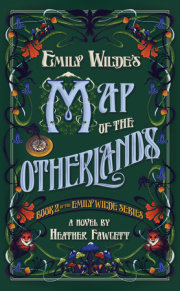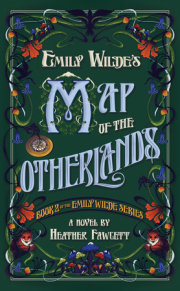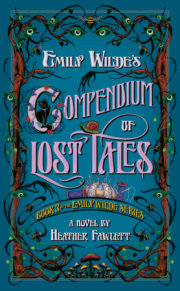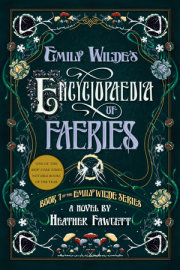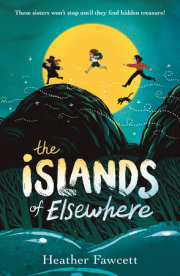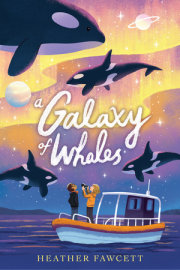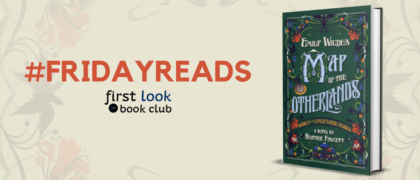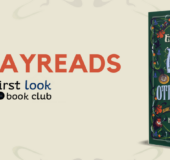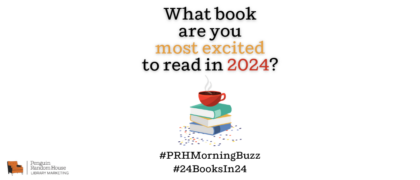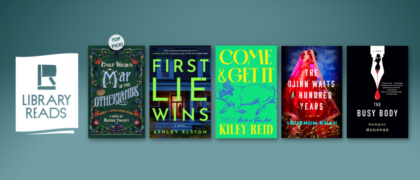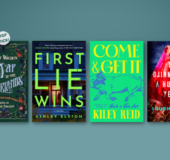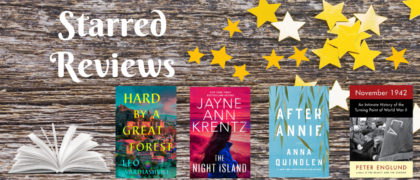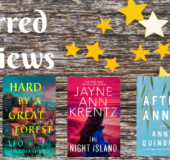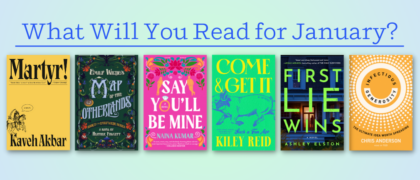14th September 1910 The foot would not fit in my briefcase, so I wrapped it in cloth and wrestled it into an old knapsack I sometimes carry with me on expeditions. Surprisingly—or perhaps unsurprisingly, as it is a faerie foot—it is neither dirty nor foul-smelling. It is, of course, long mummified and would probably be mistaken for a goat’s foot by a casual observer, perhaps an unlikely offering excavated from the tomb of some ancient pharaoh. While it does not smell bad, since bringing the foot into my office I have at odd moments caught the scent of wildflowers and crushed grass carried on a little breeze whose source I cannot trace.
I gazed at my now-bulging knapsack, feeling entirely ridiculous. Trust me when I say that I would rather not cart a foot around campus with me. But faerie remains, mummified or not, have been known to slip away as the fancy takes them, and I can only assume that feet are particularly inclined to such wanderlust. I shall have to keep it with me until its usefulness has been exhausted. Good grief.
The soft chiming of the grandfather clock alerted me that I was late for breakfast with Wendell. I know from experience that if I miss our breakfast appointments he will bring the meal to me himself, in such a quantity that the entire department will smell of eggs, and then for the rest of the day I shall have to suffer Professor Thornthwaite sniping at me about his delicate stomach.
I paused to pin my hair back up—it’s grown far too long, as I’ve spent the past several weeks descending into one of my obsessive periods, when I can think of little else beyond the subject of my research. And the question of Wendell’s door has consumed me more than any other academic mystery I can remember. My hair is not the only area of my appearance I have neglected of late—my brown dress is rumpled, and I am not altogether certain it is clean; I found it in a heap of other questionably laundered items on the floor of my closet.
“Come, dear,” I said to Shadow. The dog roused himself from his bed by the oil heater with a yawn, stretching his massive paws. I stopped for a moment to glance around my office with satisfaction—when I was recently granted tenure, I also inherited a much more spacious office, now three doors away from Wendell’s (naturally he has found a way to complain about this additional twenty feet of distance). The grandfather clock came with the room, as did the enormous damasked curtains lining the sash window that overlooks Knight College’s pond—presently dotted with swans—and the magnificent oak desk with its drawers lined with black velvet. I added bookshelves, of course, and a ladder to reach the uppermost volumes, whilst Wendell insisted on cluttering the place up with two photographs from Hrafnsvik that I did not even know he took, one of me standing in the snowy garden with Lilja and Margret, the other of a village scene; a vase of dried flowers that somehow never lose their scent; and the newly reframed painting of Shadow he commissioned for my twenty-eighth birthday—all right, I cannot complain about that. My beast looks very fetching.
I passed several students sunk deep into the armchairs of the dryadology department common room, an open space beyond the faculty offices that boasts a cosy fireplace—unlit on this warm September day—as well as an impressive row of windows taller than several men, with little half-moons of stained glass at the top, which face the Gothic grandeur of the Library of Medicine, its proximity the subject of innumerable wry remarks concerning a dryadologist’s susceptibility to strange injuries. In one corner is a bronze urn filled with salt—campus legend has it this began as a joke, but many a whey-faced undergraduate has visited this vessel to stuff their pockets after sitting through their first lecture on wights. Not that there is much to worry about, as we do not ordinarily have Folk wandering into the department to hear what we mortals are saying about them (Wendell excepted). The thick rugs scattered on the floor must be trodden on with care, for they are lumpy from the coins stuffed beneath them. Like the salt, this tradition most likely originated as a humourous diversion rather than any serious design to ward the Folk away from our halls, and has now largely devolved into a sort of good-luck ritual, with students pressing a ha’penny into the floor before an exam or dissertation. (Less superstitious young scholars have also been known to raid this lowly hoard for pub money.)
Shadow gave a happy grunt when we stepped outside—he is ordinarily a quiet dog—and plunged into the sunlit grass, snuffling about for snails and other edibles.
I followed at a more sedate walk, enjoying the sun on my face, as well as the cool edge to the wind that heralded the coming autumn. Just past the main dryadology building was the ivy-clad magnificence of the Library of Dryadology, which overlooks a lawn dotted with trees known in this part of Britain as faerie favourites, yew and willow. Several students were napping beneath the largest of these, a great hoary willow believed (erroneously, I’m afraid) to be the home of a sleeping leprechaun, who will one day awaken and stuff the pockets of the nearest slumberer he encounters with gold.
I felt a pleasant sense of kinship as I passed into the shadow of that library. I can hear Wendell mocking me for having familial feelings for a library, but I don’t care; it’s not as if he reads my personal journals, though he is not above teasing me for continuing the journalling habit after we left Ljosland. I seem unable to quit it; I find it greatly helps me organize my thoughts.
I continued to gaze at the library as the path rounded a corner—unwisely, as it happened, for I collided with a man walking in the opposite direction, so forcefully I nearly lost my footing.
“I’m so sorry,” I began, but the man only rudely waved my apology away. He was holding a great quantity of ribbons in his hands, which he seemed to be in the process of tying together.
“Have you any more?” he demanded. “These won’t be enough.”
“I’m afraid not,” I replied cautiously. The man was dressed oddly for the weather, in a long, fur-lined cloak and tremendous boots extending to his knees. In addition to the ribbons in his hands, he had a long chain of them looped multiple times round his neck, and more spilling from his pockets. They were a highly eclectic assemblage, varied in both colour and size. Between the ribbons and his considerable height, the man had the look of a maypole given human form. He was perhaps in the latter stages of middle age, with mostly brown hair a shade or two lighter than his skin, as if bleached by the elements, and a scraggly white beard.
“They won’t be enough for what?” I enquired.
The man gave me the most inexplicable glare. There was something familiar about that look that I could not put my finger on, though I was certain I had never met this strange person before. I felt a shiver glide along my neck like the brush of a cold fingertip.
“The path is eternal,” he said. “But you mustn’t sleep—I made that mistake. Turn left at the ghosts with ash in their hair, then left at the evergreen wood, and straight through the vale where my brother will die. If you lose your way, you will lose only yourself, but if you lose the path, you will lose everything you never knew you had.”
I stared at him. The man only looked down at his ribbons with an air of dismissing me and continued on his way. Of course I turned to see which direction he went, and was only mildly surprised to find that he had disappeared.
“Hm!” I grunted. “What do you think of that, my love?”
Shadow, though, had taken little interest in the man; he was presently eyeing a magpie that had descended to the lawn to yank at a worm. I filed the encounter away and continued across the leafy campus grounds.
Copyright © 2024 by Heather Fawcett. All rights reserved. No part of this excerpt may be reproduced or reprinted without permission in writing from the publisher.

